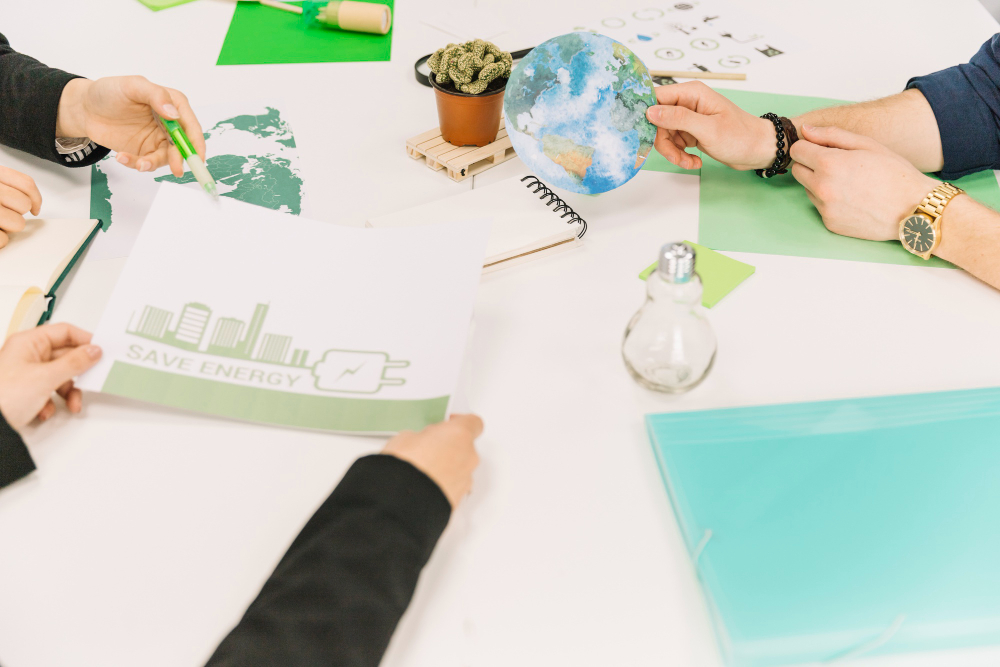International Funded Research Projects

Collaborative Research for Global Sustainability
Dr. Md. Nazrul Islam has been actively engaged in internationally funded research that contributes to sustainable development, environmental protection, and geographic innovation. These projects, backed by globally renowned institutions, address critical challenges through interdisciplinary research and policy-oriented outcomes.
🧪 1. Electrocoagulation for Lead Removal from Battery Effluent
Funding Organization: The World Academy of Sciences (TWAS)
Duration: 2022 – 2024
Role: Principal Investigator
Overview:
This project investigates an innovative and low-cost water treatment technique—electrocoagulation—to remove toxic lead from battery factory wastewater. The method is evaluated for efficiency, environmental safety, and adaptability for use in developing countries.Key Outcomes:
Significant reduction in lead concentration
Model prototype for small-scale industrial use
Presented at TWAS regional conferences
🌊 2. Climate Change Vulnerability in Coastal Bangladesh
Funding Organization: International Development Research Centre (IDRC), Canada
Duration: 2018 – 2020
Role: Lead Researcher
Overview:
This research aimed to identify regions in southern coastal Bangladesh most vulnerable to sea-level rise, salinity intrusion, and extreme weather events. The study used GIS modeling and community-level surveys.Key Outcomes:
Coastal vulnerability maps published in international journals
Policy briefs for local government planning
Integration with climate adaptation strategies
🌧️ 3. Integrated Risk Mapping for Urban Floods
Funding Organization: Asian Development Bank (ADB)
Duration: 2016 – 2017
Role: Co-Researcher
Overview:
Focused on Dhaka and Chittagong, this project developed flood risk maps using satellite imagery, rainfall data, and urban drainage models. It supported early warning systems and city planning efforts.Key Outcomes:
GIS-based flood hazard zones
Flood mitigation recommendations for infrastructure development
Collaborative workshops with city planners and disaster management teams
💧 4. Sustainable Water Governance in South Asia
Funding Organization: United Nations Development Programme (UNDP) & Global Water Partnership (GWP)
Duration: 2014 – 2015
Role: Author & Policy Analyst
Overview:
This policy-focused research reviewed water governance frameworks in Bangladesh, India, and Nepal, identifying legal gaps, institutional bottlenecks, and the need for cross-border cooperation in river basin management.Key Outcomes:
Regional water governance report
Recommendations for transboundary water agreements
Input to SAARC-level water diplomacy
- Chalan Beel Wetlands
- Chemical Fertilizer Use
- Padma River Morphology
- Fakirhat Biodiversity
- Turag River Basin
- Ganges-Kobadak Project
- Tangail Tow
- Bhairab River
- Female Garment Workers
- Toxic Algae Modeling
- Water Crisis in Asia
Nazrul Islam Prantique
Copyright © 2025, Nazrul Islam Prantique. All rights reserved.
